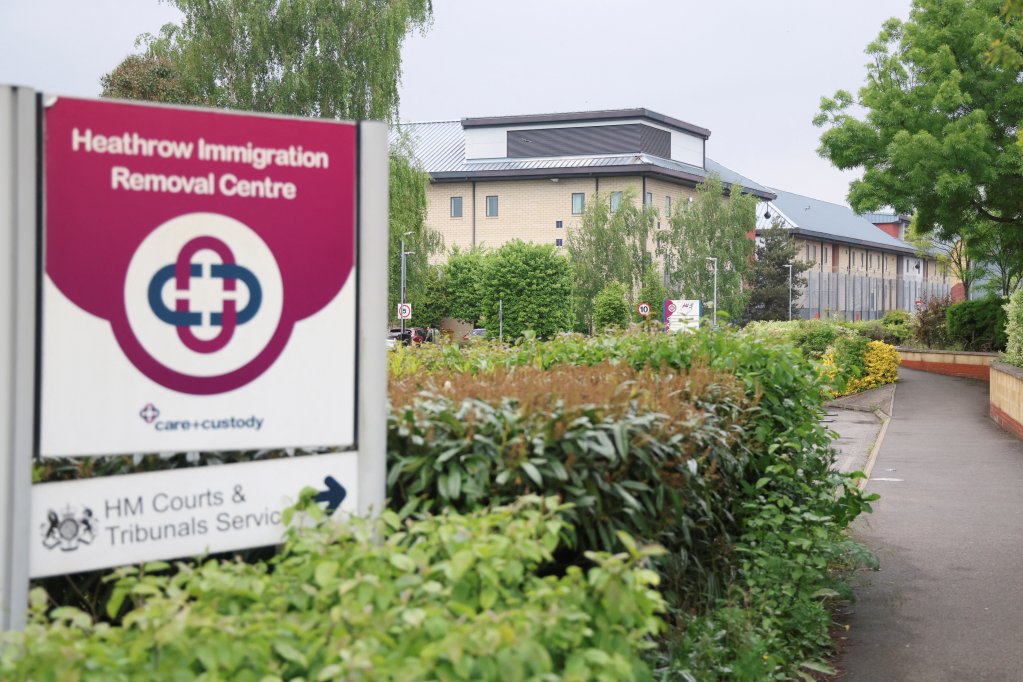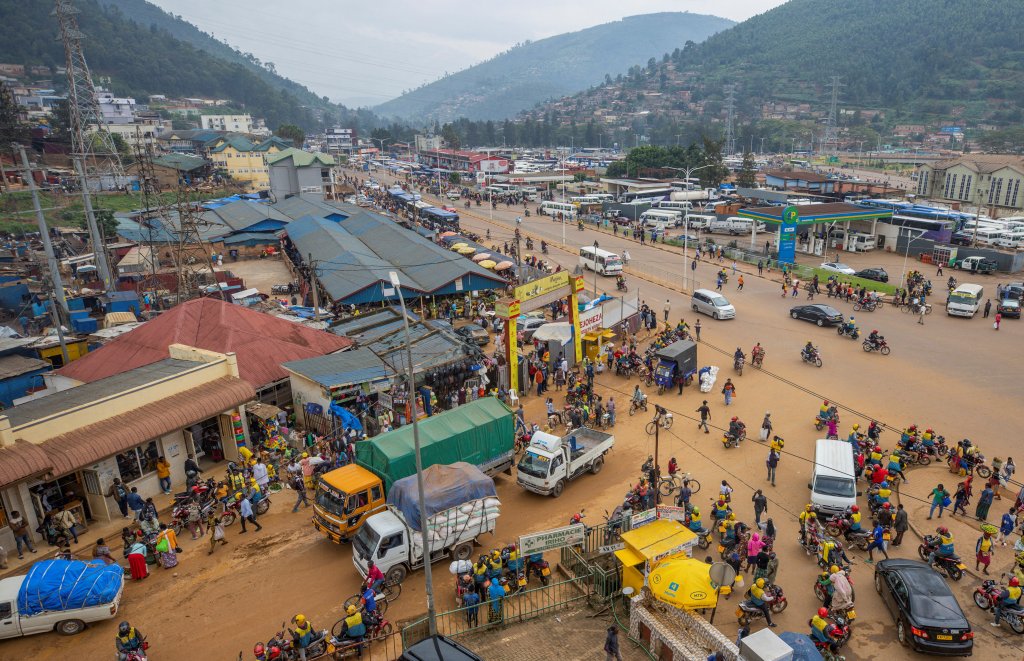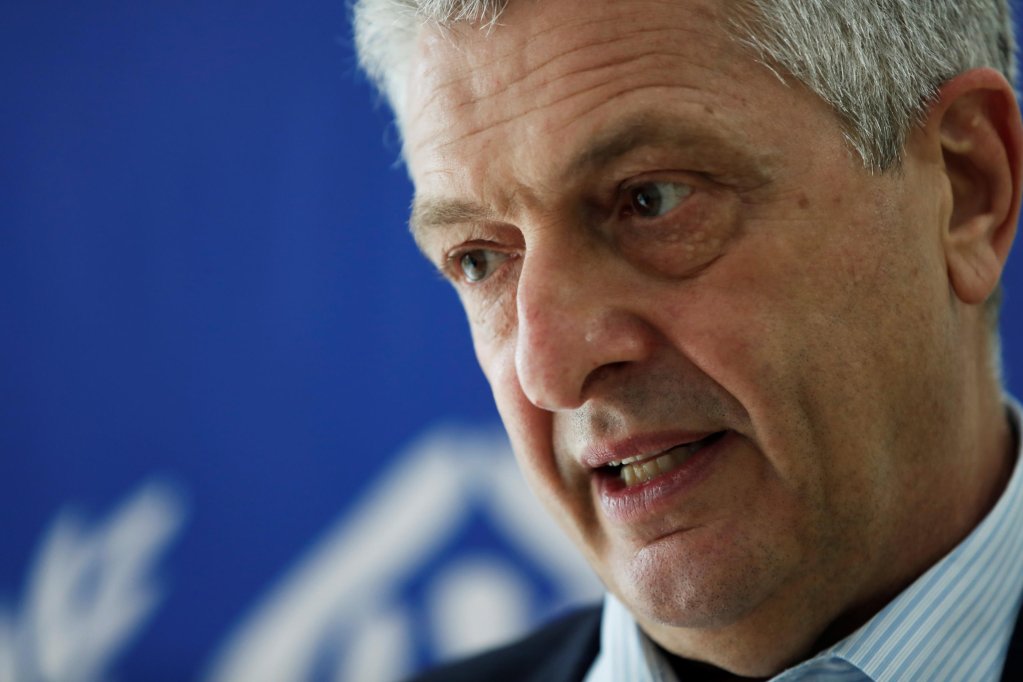The UN's refugee agency UNHCR told British judges that it may have new evidence that asylum seekers were endangered in Rwanda this year.
The United Nations refugee agency UNHCR told the High Court in London on Monday (June 10) that Rwanda’s asylum system is still inadequate for the hosting of migrants sent over from the UK.
Lawyers representing the UN agency in court said that sending asylum seekers from Britain to Rwanda, as the government is planning to do, "puts them at risk of being sent to another country where they face potential death, or torture, known as refoulement," reported the news agency Reuters.
Laura Dubinsky, a lawyer for the UNHCR, said the agency has obtained evidence of instances of refoulement in Rwanda that have occurred as recently as the current year.
Dubinsky added that UNHCR staff informed British officials last year of "at least seven cases of refoulement" during a meeting in Kigali in December 2023.
That same day, December 7, UK Prime Minister Rishi Sunak introduced the Safety of Rwanda bill to Parliament in response to an autumn Supreme Court ruling that declared that asylum seekers' safety could not be guaranteed in Rwanda.
Also read: No deportations to Rwanda before elections, government confirms
The bill was passed in April this year. Since its enactment, the British government has been preparing to operate the first flights to the central African country, although numerous obstacles and court cases remain.
UNHCR granted time to investigate allegations of abuses
During Monday's court hearing, UNHCR representatives said the agency is investigating new allegations of abuses, reported the BBC.
A judge at the High Court granted the UNHCR permission to prepare a dossier detailing the allegations before the first flights are due to take off to Rwanda on July 24.
This date, which has already been pushed back several times by the government, is at the moment largely theoretical: Britain will vote in a general election on July 4, and a change of government could put an end to the Rwanda policy.

The opposition Labour party, which is polling far ahead of the incumbent Conservative party, has pledged to scrap the policy, calling it a "sham" and a waste of money.
Even before any planes have taken off, the UK government has already spent millions on the Rwanda policy to build accommodations in the central African country for potential asylum seekers.
Other cases challenging Rwanda plan
The UNHCR’s challenge is one of more than 12 Rwanda policy-related cases rumbling through the British courts or awaiting dates to start hearings, according to UK legal migration news experts.
Also read: Rwanda refuses to guarantee how many asylum seekers it will take
The First Division Association (FDA), a union representing civil servants in Britain, has also taken the policy before a judge. Union leaders say they fear that union members could be made to break the law if they carried out the Rwanda plan, reported the BBC.
The union asked the court to clarify whether it would be possible for government ministers to order staff to ignore a European Court of Human Rights order to stop a flight to Rwanda. One of the main codes of the civil service is that they must abide by all laws, including orders from the Strasbourg court, reported the BBC.
'Complex questions'
"The outcome of the case could raise complex questions about the powers of ministers, with significant constitutional implications," reported the BBC’s Home Affairs and Legal correspondent, Dominic Casciani.

Tom Hickman, the barrister acting on behalf of the FDA union, told the High Court that while senior civil servants do not oppose the Rwanda scheme, because their duty is to serve the government, they feel the new law has "left them in an unclear and potentially unlawful position."
The government has argued that civil servants could not, and should not, be allowed to override ministerial decisions.
"That is constitutionally untenable," said the government’s barrister Sir James Eadie KC.
A decision on this case is expected before July 24.
Asylum seekers in Rwanda say they feel 'isolated and unsafe'
Four days ago, the BBC also reported on a small group of Sri Lankan Tamil asylum seekers sent to Rwanda from the British territory Diego Garcia in the Indian Ocean.
The four were part of a group of Sri Lankans that landed on Diego Garcia in October 2021, hoping to sail to Canada to claim asylum.
They told the BBC they feel "isolated and unsafe" in Rwanda. One of the two described the central African country as "an open prison."
The small group also said that their complex medical needs, some the result of past rape and torture, are not being met in Rwanda. All four said they had "faced harassment and unwanted sexual advances" when they walked on the streets in Rwanda.
Also read: UK confirms first migrants detained for Rwanda deportation
They said they have become too scared to go out and are hoping that the UK will find them a more permanent place to live, away from Rwanda. Three members of the group have had their claims for asylum approved by British Indian Ocean Territory (BIOT) authorities.
The UNHCR told the BBC that these approvals give them refugee status. The fourth person in the group is the father of one who has been granted asylum, and has been permitted to accompany his daughter. Their status means the group cannot be returned to Sri Lanka.
However, the UK government has refused to take them. Representatives say they do not want BIOT to become a "backdoor to the UK."
UNHCR has repeatedly criticized Rwanda plan
On Monday in court, UK government lawyers said the new Rwanda legislation -- which declares Rwanda a safe country -- should allow them to continue with their plans without needing to wait for "a final determination by the courts of the general safety of Rwanda."

In April, when the UK Safety of Rwanda bill became law, UNHCR High Commissioner Filippo Grandi, along with Volker Türk, UN High Commissioner for Human Rights, called on the UK to reconsider its plan to send asylum seekers there.
Grandi said: "The new legislation marks a further step away from the UK’s long tradition of providing refuge to those in need, in breach of the Refugee Convention."
He added that, in his opinion, the Rwanda plan "seeks to shift responsibility for refugee protection, undermining international cooperation and setting a worrying global precedent."
With Reuters
